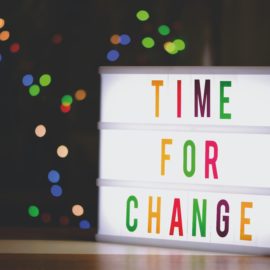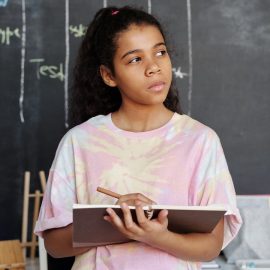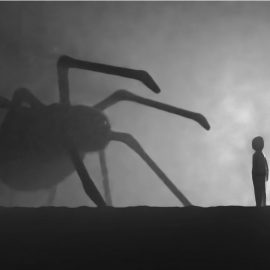

This article is an excerpt from the Shortform book guide to "Antifragile" by Nassim Nicholas Taleb. Shortform has the world's best summaries and analyses of books you should be reading.
Like this article? Sign up for a free trial here .
What is resilience in learning? Why is it so important to develop resilience and antifragility in learning?
Resilience in learning has become one of the focal points of how we look at education. It’s important for students to try and fail, get messy, and maintain their curiosity. That’s how they develop antifragile systems for themselves.
Read more about resilience in learning and why it matters.
Learning the Antifragile Way
Chapter 16 takes a closer look at why modern, formalized education doesn’t lead to the expected outcomes of practical skills at the individual level and economic growth at the national level. It comes back to the earlier concept of touristification, or removing randomness from life.
People who learn from textbooks and worksheets will have rigid, fragile knowledge that they can’t apply in real-world settings. To illustrate the point, Taleb discusses his own learning, which was split between formal schooling and voraciously reading whatever interested him at any given moment.
Chapter 17 discusses the important difference between knowledge and probability—or “truth”—and outcomes. The key point is that people base their decisions on outcomes, no matter how unlikely those outcomes may be. Furthermore, every outcome has either more upside than downside, or vice versa; in other words, we’re fragile or antifragile to the result. Seeking good outcomes and avoiding bad ones guides our actions far more than any concept of objective truth.
Antifragility and Resilience in Learning
There are two main types of learning: ludic, which is arranged like a game with rules and scorekeeping; and ecological, the natural method of learning by doing. Notably, there’s very little crossover between these two areas—skills that one develops through a game often don’t carry over into real life. For example, there’s little evidence that chess grandmasters think or strategize any better than anyone else when away from the chessboard. However, many people don’t apply that same idea to skills learned in school, or through closely structured activities.
The biologist E.O. Wilson was quoted as saying that the biggest threat to children’s development was the soccer mom. Wilson said that soccer moms repress children’s natural love of living things; they stop their kids from playing in the dirt, picking up insects, and so on.
However, the real problem with soccer moms is that they try to eliminate trial and error from their children’s lives. They make a map and demand that the kids follow it exactly, which might turn them into good students, but makes them unable to handle the ambiguity and changeability of real life.
The best kind of education is the one kids pursue themselves. Ideally, through browsing a library at home, picking out whatever topics interest them, and augmenting that with trial and error in the real world. Children are natural autodidacts—self-teachers—and that should be encouraged rather than repressed.
Taleb’s Education
In discussing his own experience with education, Taleb first describes himself as an autodidact, but quickly amends it to note that he does have formal degrees. He describes his learning in terms of the barbell model: He devoted exactly as much time and energy as he needed to pass his classes, and he used the rest to study whatever caught his interest.
Taleb quickly noted the limited material available in schools and how schools tried to force students to study certain topics and authors and cultivate specific ways of thinking. This is harmful and discouraging to a lot of students—those who aren’t interested or able to focus on the material might grow discouraged with the entire act of learning, instead of simply with those subjects and methods. Taleb reads voraciously, and always has, but the moment he feels his attention drifting he closes the book and looks for another. He allows natural interest and avoiding boredom to guide both his study and his life.
In his 20s, Taleb became a very wealthy man (getting what he describes as “f*** you money*). His father attributes Taleb’s success to the breadth of education he allowed and encouraged Taleb to pursue.
In the end, Taleb was drawn to probability and risk studies. He spent years reading everything he could about it, and nothing else. As always, he was guided by passion and boredom avoidance.
Five years after starting on that new topic in earnest, he was set for life; his barbell method of learning paid off in a big way. Moreover, his fortune came largely from what he learned outside of the classroom, which left him with the impression that what people really need to know about a topic is found outside of the prescribed literature.

———End of Preview———
Like what you just read? Read the rest of the world's best book summary and analysis of Nassim Nicholas Taleb's "Antifragile" at Shortform .
Here's what you'll find in our full Antifragile summary :
- How to be helped by unforeseen events rather than harmed by them
- Why you shouldn't get too comfortable or you'll miss out on the chance to become stronger
- Why you should keep as many options available to you as possible






